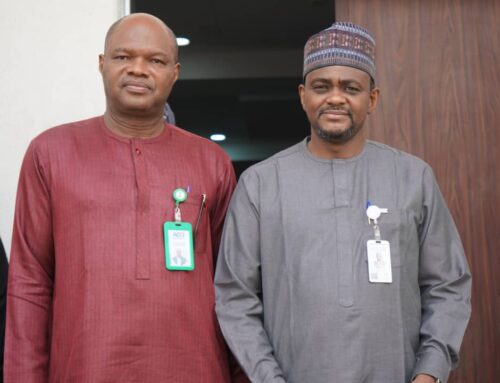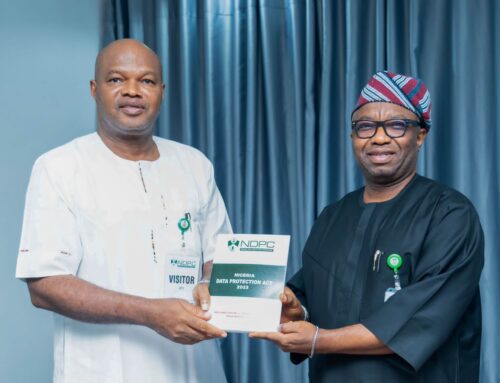Following the emergence of Nigerian economy as the undisputable leader in Africa, the President of Abuja Chamber of Commerce and Industry (ACCI), Prince Adetokunbo Kayode has felicitated with the Federal Government, calling for consistent pursuance of growth policies in agriculture, manufacturing and mining.
The South African economy had slumped to its second recession in two years, making Nigerian economy that grew at 2.7 percent last year and projected to grow at 2.5 percent this year the clear biggest economy on the continent.
Prior to the South African recession, decision as to which of the two African giants is the biggest has long depended on which exchange rate used for the West African nation. But now both the official naira rate of 306 per dollar and the weaker market exchange rate of around 360 that almost all investors use put Nigeria on top.
Prince Kayode noted that the Nigerian economy sustained growth at above 2 percent last year is attributable to commendable policies in the agriculture, mining and manufacturing sectors, describing the economy as being on a footing for even bigger growth this year.
“We commend the policy innovations and we urge a more robust pursuance of such pro-growth policies to cross the 3 percent growth rate this year. We are to transform the disadvantage of Coronavirus outbreak into advantage by widening scope of engagement in mining,agriculture and manufacturing sectors.
“We must now develop and expand the agricultural value chains to tap into many untapped potentials. The private sector is ever ready to support and collaborate with the government at all level to sustain current growth”, the Chamber boss said.
While lauding current reform to engage the private sector in mining and agriculture value chains, the ACCI president urged application of assets financing to curtail challenges of loan recovery, adding that the various Chambers nationwide possesses credible platform for implementation of the policy.
“To reach credible agricultural businesses, business chambers are readily available. We are open for partnership that will further drive the growth of our economy “, he stated.
Bloomberg had reported that Nigeria’s economic growth beat forecasts in the fourth quarter, helping its economy to expand the most in four years in 2019 as oil output increased and the central bank took steps to boost credit growth. GDP in the West African country stood at $476 billion or $402 billion, depending on the rate used.
South Africa’s economy went in the opposite direction. It slumped into a second recession in consecutive years, contracting more than projected in the fourth quarter as power cuts weighed on output and business confidence.
For the full year, expansion was 0.2%, the least since the global financial crisis, and even less than the central bank and government estimated. Based on an average rand-dollar exchange rate of 14.43 for the year, GDP was $352 billion.
South Africa’s weak growth adds to pressure on the central bank to lower the benchmark interest rate at its Monetary Policy Committee meeting March 19, especially after the U.S. Federal Reserve’s emergency rate cut Tuesday amid risks from the spread of the coronavirus.
Projections show Nigeria’s economy will continue to grow faster than South Africa’s. While the International Monetary Fund (IMF) cut its forecast for Nigeria’s 2020 growth to 2% from 2.5% last month, due to lower oil prices, South Africa’s GDP is forecast to expand only 0.8%.








Leave A Comment